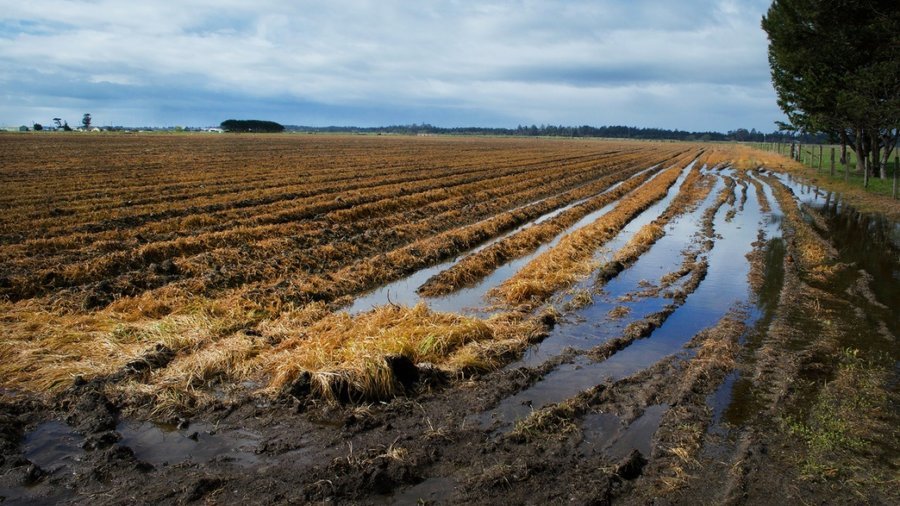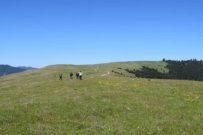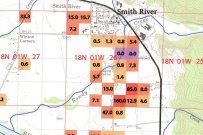Company Also Seeks Permit for Major Cannabis Grow
In 2020 Lane DeVries, President and CEO of Arcata-based Sun Valley Floral Farms, made a commitment to Siskiyou Land Conservancy to abandon use of the carcinogenic herbicide glyphosate (aka Roundup), which the company uses to prepare the fields for planting. This month Siskiyou Land Conservancy learned that Sun Valley appears to have violated this agreement by spraying Roundup on a large field on Seidel Road, in the Arcata Bottom.
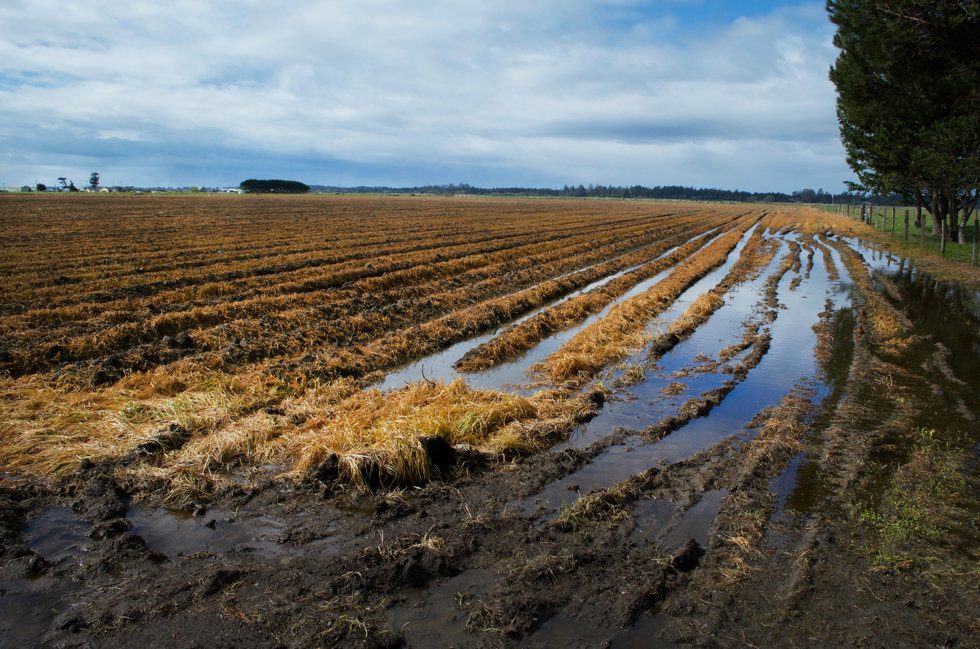
At the same time, Sun Valley is now proposing to grow twenty-three acres of cannabis at its Arcata site, which would make it one of the largest marijuana grows in North American. To read more about this development see coverage the Mad River Union. The Humboldt County Planning Commission will hold a hearing on the proposed grow on Thursday, March 18. To attend, go here. To join neighbors in addressing issues with Sun Valley send an email to team27th@gmail.com.
In 2020 Siskiyou Land Conservancy hoped to make some progress toward reducing the threat of Sun Valley’s pesticides to people living in Arcata, and in Willow Creek, where Sun Valley has extensive agricultural operations alongside the Trinity River.
In 2019, when a large field in the Arcata Bottoms turned from lustrous green to a bright orange, several residents contacted us. They were well familiar with SLC’s efforts to reduce pesticide use at the Smith River estuary, and they believed that what they were seeing on this former cow pasture was the result of an herbicide. The field was located upwind and within a half-mile from three elementary schools and two day-care centers.
The neighbors were right: Sun Valley had applied Roundup to the field. Worse, in the fall sprayed the field with chlorothalonil, a probable human carcinogen and reproductive toxin that easily travels well beyond the field where it is applied. Chlorothalonil is also acutely toxic to fish, crabs and frogs.
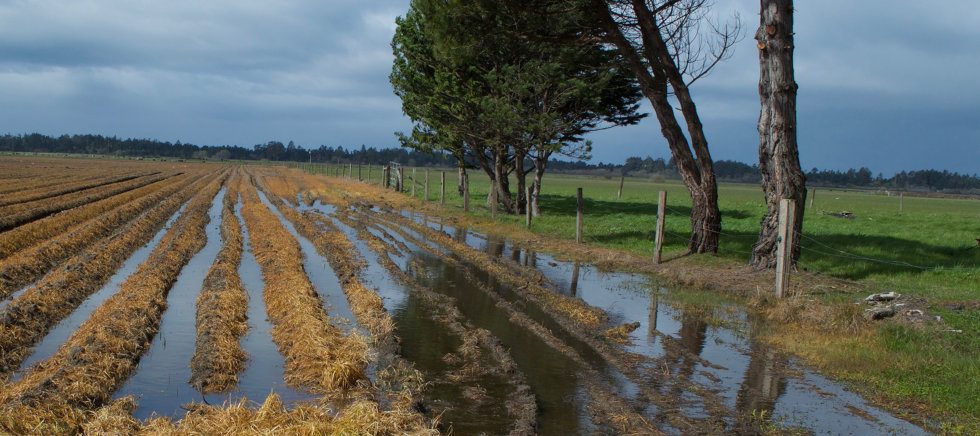
At Siskiyou Land Conservancy we understand that it’s essential to work directly with farmers to reduce pesticide use. Convincing state or local agencies to take action against agricultural polluters is very difficult. And farmers deserve to be treated with a dignified response to their growing practices. We remain deeply involved in a state “permitting process” at the Smith River estuary, where growers of Easter lily bulbs annually apply more than 300,000 pounds of highly toxic pesticides. Shamefully, since 2011 the North Coast Regional Water Quality Control Board has kept us in legal limbo by continuing to develop an alleged “irrigated lands permit” for lily growers, a process apparently designed as a means of allowing business as usual. We hoped for more with Sun Valley.
In October 2019 Siskiyou Land Conservancy Executive Director Greg King published an op-ed in the Mad River Union exposing Sun Valley’s pesticide use. Then he visited with Lane DeVries. Lane has always been gracious with his time and open to discussion about his company’s practices. After the op-ed and then their conversations, Lane agreed to halt Sun Valley’s use of glyphosate and chlorothalonil, and to abandon the company’s new field near the schools and daycare centers. In a way, Lane kept his promise.
But there was a catch. Last year Siskiyou Land Conservancy hired a research assistant track Sun Valley’s pesticide usage. The task is more difficult than it sounds. The company will not provide us with this information, so we had to submit Public Record Act (PRA) requests with the Humboldt County Agricultural Commissioner’s office. Staff at the office were very helpful, though monitoring and enforcement of state pesticide laws is vested in the authority of Humboldt County Agricultural Commissioner Jeff Dolf, who appears to be overwhelmed with work.
Over time SLC received Excel spreadsheets containing several thousand lines that documented every pesticide application by Sun Valley on every day of the year for 2019, and for 2020 through November. The pesticides were listed as product names, not as chemical names, so we had to research what chemicals were in each product, then determine their impacts on humans and the environment. This work took scores of hours and was costly, but worth it. The task also illustrates just how difficult it is for neighbors to adequately parse and address pesticide use that affects their families, pets, and homes.
We learned that Lane DeVries had offered a partial truth. Sun Valley did abandon the new field, and eliminated use of glyphosate and cut chlorothalonil use in half. This is commendable, and appreciated. Yet Sun Valley simply leased a new field a half-mile west of the old one—the one on Seidel now newly dosed with Roundup.
In addition, Sun Valley continues to use the toxic herbicide diuron, a carcinogen that can also cause birth defects. Sun Valley has replaced chlorothalonil with a product named Chipco, which contains iprodione, a carcinogen and suspected endocrine disrupter, and bromoxynil phenol, which is toxic to mammals, is an endocrine disrupter, and may cause reproductive harm.
We also learned that Sun Valley farms six sites in the Arcata Bottom—an operation far more extensive than we’d realized. The company farms three large plots along the Trinity River in Willow Creek, threatening that river and many interspersed organic farms.
To read a response from Lane Sun Valley Floral Farms, go here.
